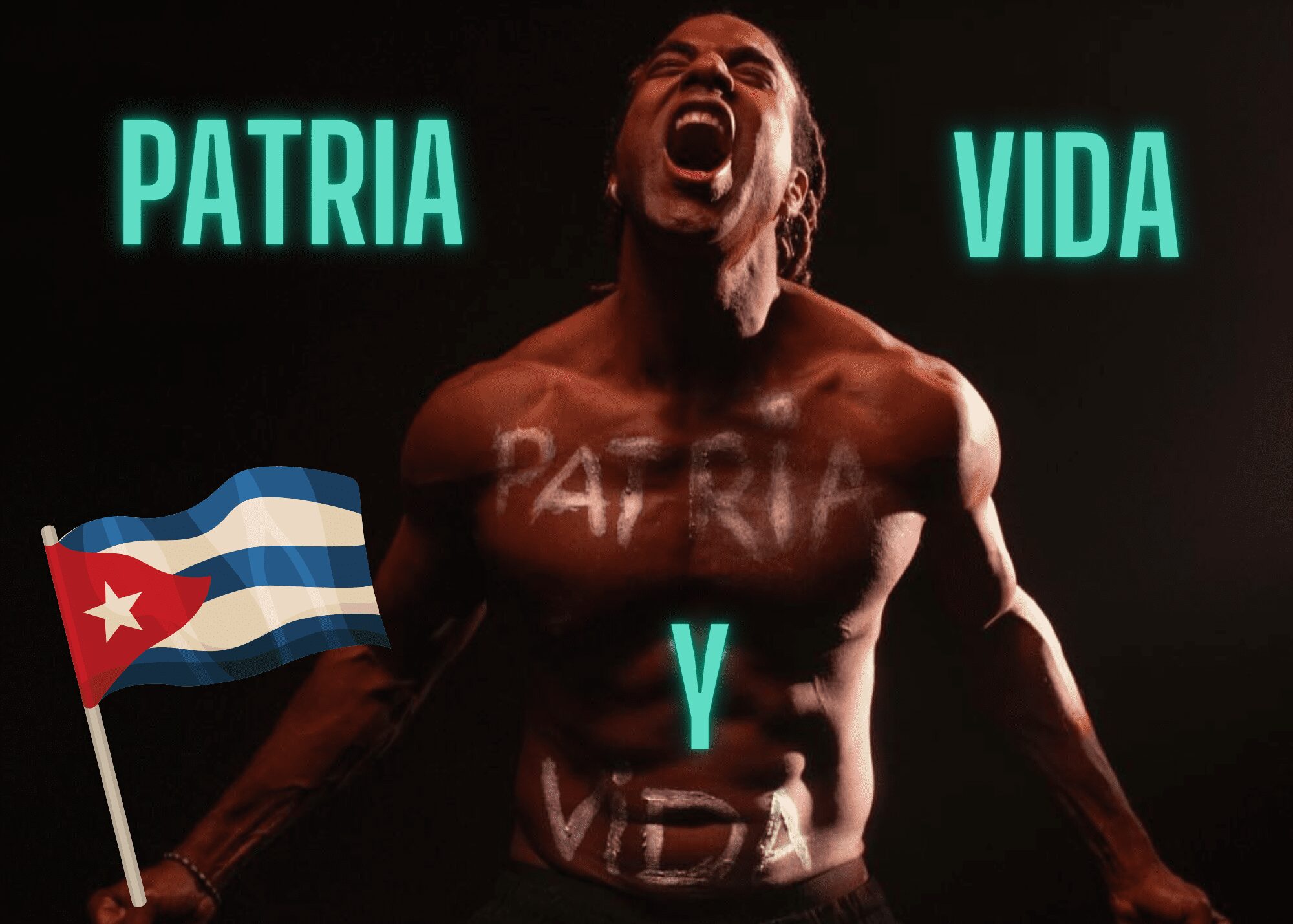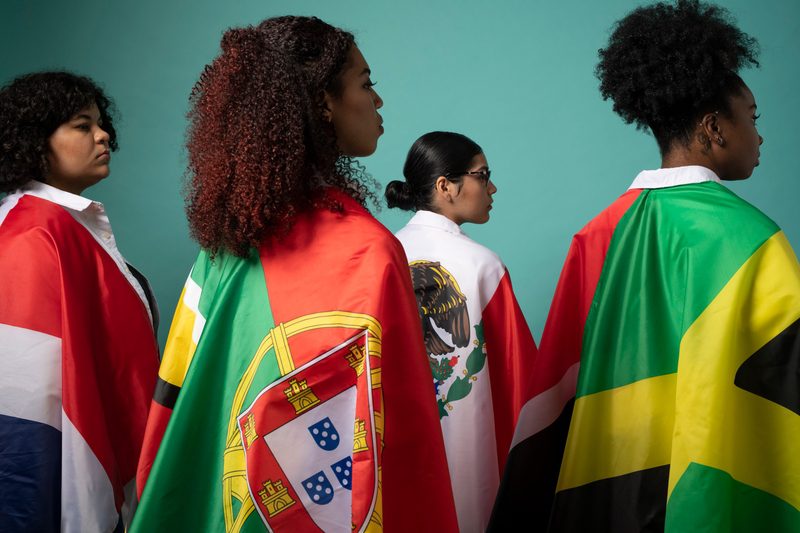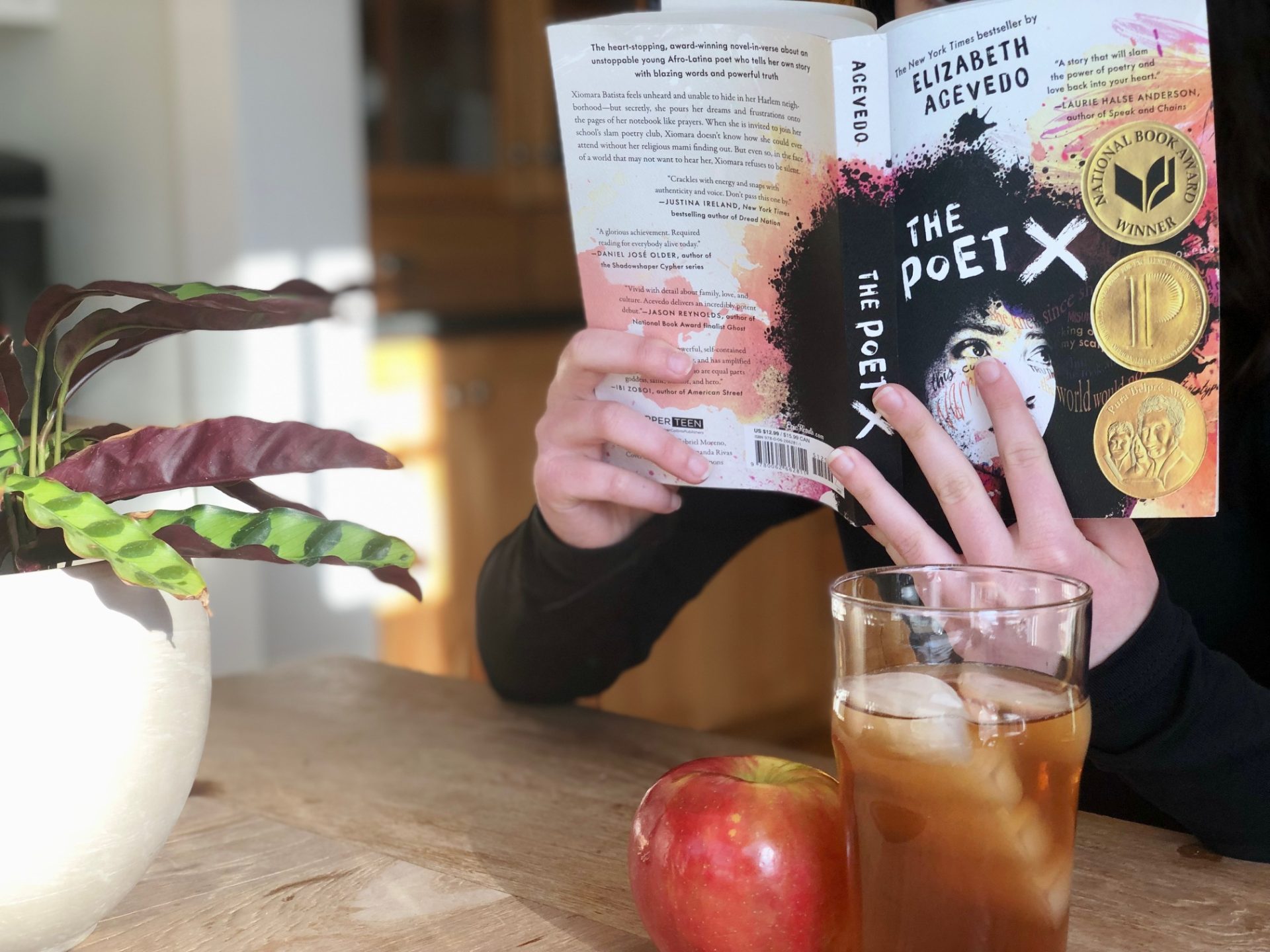Watch: How Encanto Gets Immigrant Families
Disney’s first animated film about a Latin American family understands the strengths and struggles of immigrants.
By Marco Hernández
[Spoiler Alert! This article contains plot details about the movie Encanto. Encanto is rated PG and available on Disney+.]
I’m a first-generation American, and so are some of my closest friends. Why? They just “get me” in ways that other Americans sometimes don’t. I had the same feeling of being understood when I watched Encanto, a film from Walt Disney Animation Studio about a magical Colombian family that lives in an enchanted house in a village protected by a majestic mountain range.
I wasn’t sure I would like Encanto. I expected it to have the typical Disney “good vs. evil/ hero’s journey” plot line, dressed up with some Latin stereotypes and music. So, I was surprised and pleased to see so that Encanto has many different themes and layers, none which involve defeating an evil villain or exploiting Latin American culture. I was quickly drawn in by how much of my own experience I saw reflected in the movie. For me, Encanto is an allegory of a parent-child dynamic that is part of the American dream for so many immigrant families – not just those that have roots in Latin America.
Most children whose parents come to the U.S. escaping oppression and hardship share a common experience, regardless of country of origin. We see our parents struggle every day. They have to simultaneously learn a new language, adapt to a new culture, and make a living – and do it all as quickly as possible. We also know that our parents probably won’t be the ones to enjoy the fruits of all their hard work. Our parents know it, too, so it’s important to them that we understand the sacrifice they are making for us. We also experience a hefty dose of parental anxiety; more than anything else, they never want us to have to go through what they did, and that desire to protect us can translate into a parenting style that can sometimes be rigid and oppressive (if understandable). It’s an unspoken bargain; our parents do everything they can to give us a leg up, and we do everything we can to take advantage of it. The problem is that not all kids have the ability (or even the desire) to maximize the opportunities that their well-meaning parents provide. And even those that do can suffer under the weight of high expectations.
Encanto is the story of the Madrigal family. The family’s matriarch, Alma Madrigal (“Abuela”), has a traumatic backstory. She is forced to flee her village in Colombia as a young wife and mother of infant triplets when the village is taken over in the middle of the night by men on horseback. Her husband, Pedro, is killed when he stands to face the attackers in order to give Alma and the other villagers time to escape. Just when all seems lost, however, the candle Alma is carrying to light her way sparkles with magic. Its flame creates a new enchanted home for Abuela and her babies in a village hidden by an imposing mountain range. Over time, the Madrigal family and the village grows, and the candle also gives each of Abuela’s descendants a different power – super strength, the gift of healing, the ability to control the weather, and more – except for her granddaughter Mirabel, who for reasons no one understands, does not receive a special gift.
When we first meet the Madrigals, they seem to be living happily ever after – enjoying their enchanted house and using their powers in the service of their larger community. We soon discover, however, that all is not as it seems when literal as well as figurative cracks begin to appear in Casa Madrigal. Mirabel is initially fine, but we see her self-confidence steadily erode as she senses Abuela’s increasing disappointment and even fear in Mirabel’s lack of a special power. We learn that her sister Luisa, who has unlimited physical strength, also feels overwhelming stress, and has panic attacks from having to make sure everyone in the village is well cared for and safe. And then there’s Uncle Bruno – his powers of prediction don’t seem to benefit the family, so no one is even allowed to talk about him, and his whereabouts are unknown.
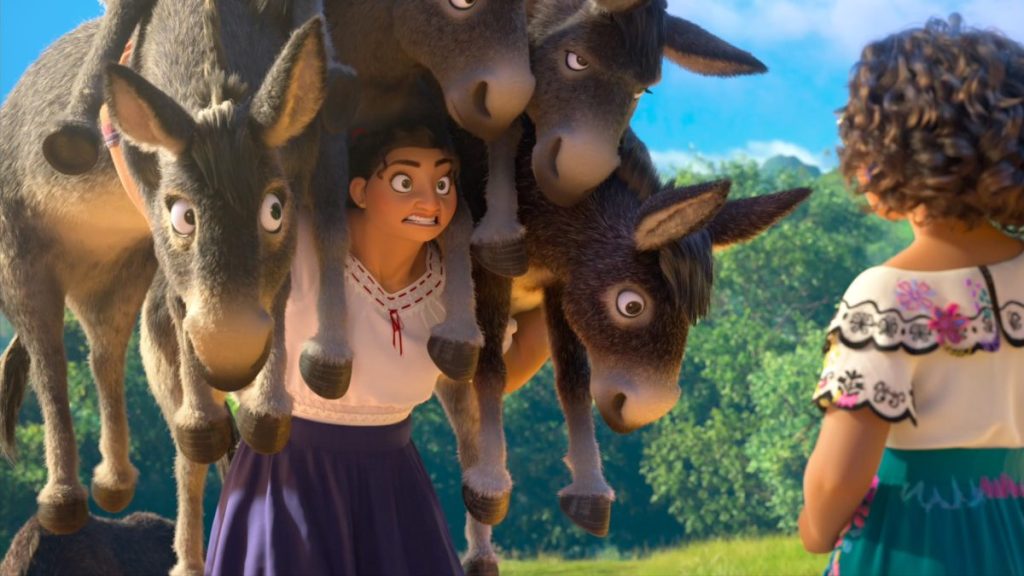
In Abuela, I see an immigrant parent who has suffered greatly to bring her family to a better place. Like many immigrants, she is grateful to her new country and instills in her descendants the importance of being productive members of the community and giving back whenever possible. She is also raw from the experience of having to leave her original home and of losing her husband. As a result, she is a worrier; she is the only one who knows firsthand how quickly you can lose everything in life. Many first-generation kids will recognize an Abuela in their own lives. Her love is a fire in the hearth that never dies and holds the family together, but that fire can also burn. She is a task-master who deals with her worry by trying to control everything and everyone around her.
In Abuela’s descendants, I see “successful” immigrant kids who feel the pressure of their parents’ dreams and the burnout they can experience if they never stop striving to meet them. I also see the kids who can’t live up to their parents’ expectations and disappointment when they fail to live up to those dreams.

In the end, of course, Mirabel does have a special power – the power to accept herself as she is and speak the truth to Abuela about the price she is exacting from the family. She helps Abuela to see that endless striving is an illusion of safety that can destroy the very happiness and stability it is intended to protect. I would have liked to see a little more sympathy for Abuela, who, after all, is the literal soul (“alma”) of the family and has some pretty serious demons of her own. Overall, though, I’d say this movie is a wonderful Encanto.
Most popular
-
 Student Life35 Top Science Competitions for High School StudentsJanuary 31
Student Life35 Top Science Competitions for High School StudentsJanuary 31 -
 Info / InspirationVoto Para La Mujer Quarter is a Major “Change”!July 29
Info / InspirationVoto Para La Mujer Quarter is a Major “Change”!July 29 -
 Student Life35+ High School Internships in the Bay AreaJanuary 22
Student Life35+ High School Internships in the Bay AreaJanuary 22 -
 Student Life90+ Best Writing Competitions for High School StudentsApril 13
Student Life90+ Best Writing Competitions for High School StudentsApril 13 -
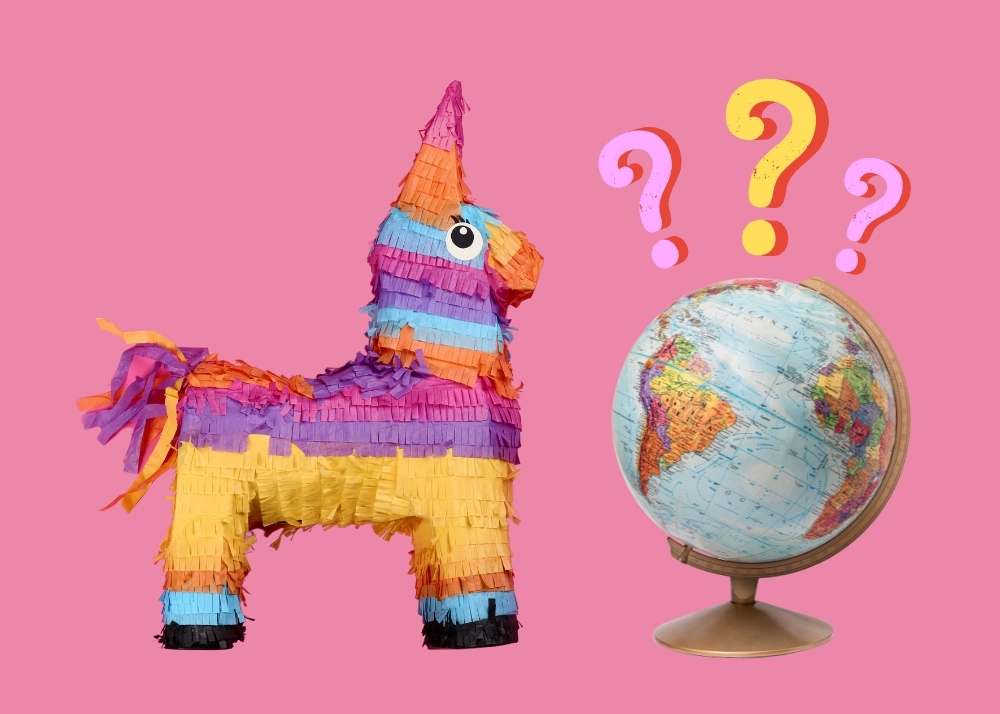 CultureA Smashing Success: The Surprising History of the Piñata in Latino/x CultureSeptember 27
CultureA Smashing Success: The Surprising History of the Piñata in Latino/x CultureSeptember 27


